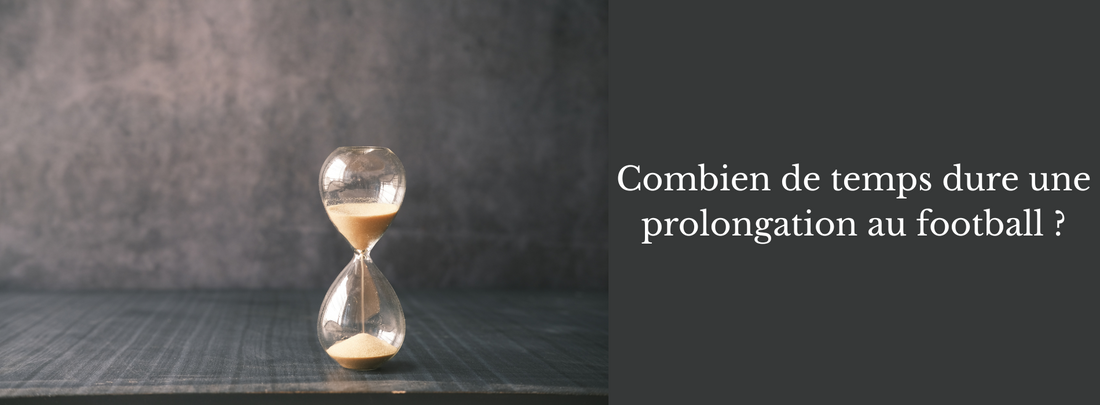
How long is extra time in football?
Share
How long is extra time in football?
In knockout matches, the score can remain level at the end of regulation time . In this case, extra time is played to decide the tie between the two teams. But how long does it last , and what are the rules governing it? Here's everything you need to know.
How long is extra time in football?
Extra time in football lasts 30 minutes in total , divided into two periods of 15 minutes each.
Official duration according to FIFA rules
- 🕒 15 minutes for the first period
- 🕒 15 minutes for the second half
- No timeouts between the two periods, but a short break (1 to 2 minutes) is granted
This is therefore not a new classic half, but an extension of the match when the 90 minutes of regulation are not enough to separate the teams.
When is an extension used?
Extra time is used in knockout competitions, including:
- World Cup
- French Cup
- Champions League
- Euro
- And other final stages of official tournaments
It only occurs if the score is zero at the end of regulation time and if the competition rules do not provide for a direct move to penalties.
What happens after the extension?
The use of penalty shootouts
If neither team manages to score a decisive goal during extra time, the match ends in a penalty shootout . This phase is used to definitively determine the winner .
The effects of overtime on players
Overtime requires intense physical and mental effort . It puts a strain on the body, especially after 90 minutes of play.
This is why many coaches focus on physical preparation and managing substitutions to maintain energy until the end.
💡 Tip: To recover well after a long match, players use tools like our mini massage gun , available in the Football Physical Preparation collection .
In summary: what you need to remember
- An extension lasts 30 minutes (2x15 min)
- It is played in case of a tie after 90 minutes.
- If neither team scores, it goes to penalties.
- It requires good physical preparation to keep up the pace
